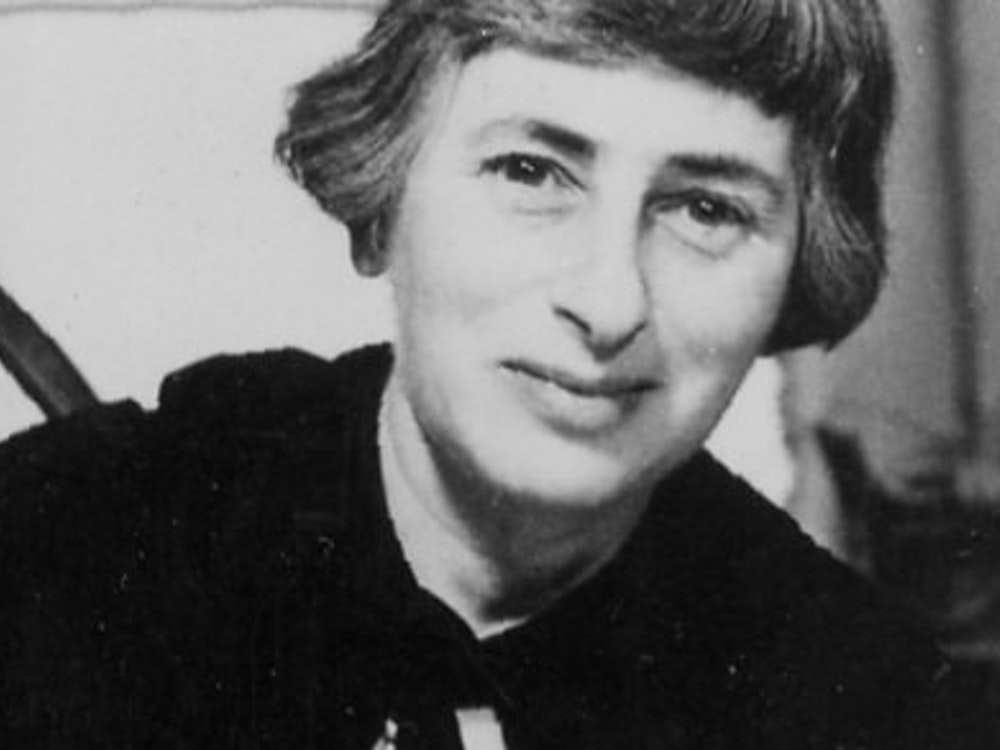
Richardson Bay as seen from Ring Mountain, Tiburon, California. Photo: Frank Schulenburg (CC BY-SA 3.0 (http://bit.ly/2FVl0lV).
In the May issue of Harper’s, Joe Kloc tells a story about a community of people called anchor-outs, who live “on abandoned and unseaworthy vessels” in California’s Richardson Bay, “doing their best, with little or no money, to survive.” The story is compelling, the prose unfussy and clear—and the photographs, by Therese Jahnson, are the perfect complement—but there is more going on here. The real miracle is how the article resists, gracefully yet firmly, the temptations of this kind of writing, the very real traps it could have fallen into. It would be easy for an outsider to impose a straitjacket of meaning on this community, as writers have done for generations, or to see himself as a savior patronizing them with the boon of his voice, as more than one writer has seen himself; Kloc does neither. Gently, he suggests another way of looking at this world, maybe scarier but more honest, and another way of looking at those with whom we share it. —Hasan Altaf
When I plucked Bruce Holsinger’s The Gifted School off the shelf a couple weeks ago, I didn’t expect it to be such a timely novel alongside the unfolding college admissions scandal. Likely, Holsinger couldn’t have predicted it himself—or could he? The Gifted School is a consuming story about the community of Crystal Valley, Colorado—where “everyone said or thought, we are happy, we are fit, we are woke, and even our streets are named for gems”—which unravels with the announcement of a new public school for exceptionally gifted students. The parameters for admission, and the coveted label of “gifted,” are just as controversial as one might expect, and the debate over who deserves a spot becomes inextricable from questions of privilege. Holsinger weaves the narratives of these families together to highlight tensions of class, perceptions of success, and the ruthlessness of parenthood in an insular epic that questions the notion of meritocracy, the hypocrisy of white liberalism, and the politics that trickle from the adult world down to their children. Holsinger’s prose is nonintrusive; he offers up his characters without judgment and lets them tangle in their pride. Each parental blunder evokes a gleeful schadenfreude and demonstrates the ease with which morals are abandoned to protect one’s own. Last week, I began relistening to Malcolm Gladwell’s podcast, Revisionist History, and was reminded of the fourth episode, “Carlos Doesn’t Remember,” which examines the need for early intervention to combat educational inequity and promote upward mobility—a perfect pairing with Holsinger’s novel. —Nikki Shaner-Bradford
Hai-Dang Phan is uniquely attentive. In his debut collection, Reenactments, he recalls listening to his mother add a new detail to an old story. The detail is “something small”: in this telling, she mentions losing her sandal as she runs to the boat in which their family will flee Vietnam. The addition—the sandal—does not shatter Phan’s memory, but it was nonetheless “not there before.” There’s a new sliver in the glass, and each new line matters. Phan startles the reader with this kind of quiet observation throughout. It’s sometimes difficult to accept that our histories and ghosts are living things, but by beginning with the particular, with needle-fine questions, we might begin to unearth our textured, complex, animated lives. In the poem “Get to Know Your Ghost,” Phan recommends you determine “whether it is free Saturday night / or Sunday afternoon for a visitation.” This line, and the collection as a whole, is both gift and invitation. Phan’s vantage point is wide, but it won’t do all the work for you. You are going to have to “do something painful each day.” You are going to have to ask the ghost something. And every something will begin to make all the difference. —Spencer Quong
There’s a scene toward the end of Gregoire Courtois’s brief, intense novel The Laws of the Skies that I had to avert my eyes from when I first started reading it. A child dies—but then again, a lot of children die in this book, which portrays a class of six-year-olds’ disastrous school camping trip. The ensuing story has a whiff of allegory: adults abandon their charges, classmates turn against classmates, and nature, quite literally, swallows them up. It’s unsettling. Along the way, Courtois raises pointed questions about the environment, the hereditary nature of evil, and the responsibilities of an older generation to the new. I felt absolutely nauseated by the end, and I have to admire that—it’s not every day that a book provokes such a strong physical reaction in me. —Rhian Sasseen
I’ve owned more than one copy of Babette Deutsch’s Poetry Handbook over the years, initially buying it in Edinburgh when I got my first publishing job as a (volunteer) editorial assistant. The slush pile took up most of my time, particularly the writing of reader reports—a task for which I was wholly underprepared. Poetry, especially, was a challenge, and my early reports were met with silence from the editor, returned to me with question marks in the margins, and dropped on my desk with a sigh (on a bad day, my reports simply disappeared and were never mentioned again). Desperate for guidance, I headed to the local bookshop, and here, I found Deutsch. Her book opens with “A Word to the Beginner” and a declaration that “the meaning and the structure, cannot be separated without vital injury to the poem … Poetry as an art is intimately bound up with verse as a craft”—which was, of course, bad news for me, as I had previously thought that poetry as an art was intimately bound up with my own taste. But Deutsch, it transpired, was a more generous teacher than I deserved, and she gently introduced me to the fundamentals of meter, rhyme, and scansion and, in doing so, revealed a poetry all her own. Here were sapphics, sirventes, and Skeltonic verse; here were clerihews, cynghanedd, and chants royal. And here—oh god—was aubade (see troubadour, page 165). This was dangerous stuff for a young man who didn’t know how to read critically, and I fear I got worse before I got better. In the end, however, Deutsch improved my reports. The editor’s questions marks reduced in number, her silences softened, and I was, eventually, allowed to reply to submissions without supervision. It was a slow and healthy training. I could do with some more. —Robin Jones
from The Paris Review http://bit.ly/2v9mJjg


Comments
Post a Comment